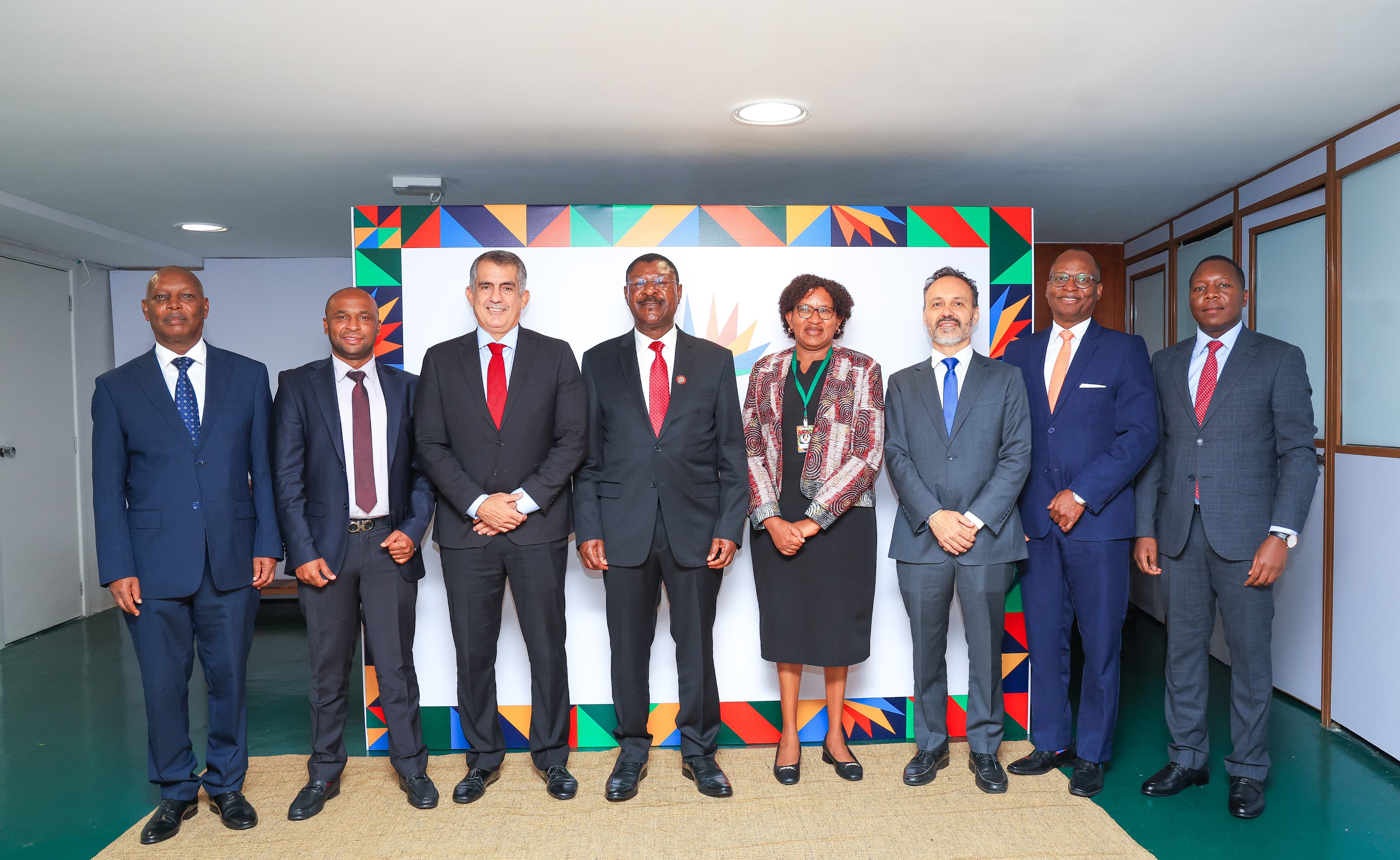 National Assembly Speaker Moses Wetang’ula with Brazil Parliamentarians at the 2nd Brazil–Africa Dialogue on Food Security, Hunger, and Rural Development in Brasília on May 24, 2025/ Parliament Communications Unit
National Assembly Speaker Moses Wetang’ula with Brazil Parliamentarians at the 2nd Brazil–Africa Dialogue on Food Security, Hunger, and Rural Development in Brasília on May 24, 2025/ Parliament Communications UnitKenya and Brazil have agreed to establish a Parliamentary friendship group as part of a renewed push to deepen parliamentary, diplomatic, agricultural, and economic cooperation between the two countries.
This development followed a high-level engagement between lawmakers from both nations held on the sidelines of the 2nd Brazil–Africa Dialogue on Food Security, Hunger, and Rural Development in Brasília.
The Kenyan delegation, led by National Assembly Speaker Moses Wetang’ula, held extensive discussions with their Brazilian counterparts, emphasizing the need for sustained parliamentary diplomacy to advance shared development goals particularly in food security, agricultural innovation, and rural transformation.
“In the spirit of South–South cooperation, our parliaments must take the lead in shaping policies that respond to the urgent challenges of hunger and underdevelopment,” Speaker Wetang’ula said.
“This partnership will help us build resilient food systems and create opportunities for knowledge exchange and legislative collaboration.”
Speaker Wetang’ula was accompanied by Nominated MP Sabina Chege and Nyaribari Chache MP Zaheer Jhanda.
One of the key outcomes of the bilateral talks was Brazil’s commitment to support the unconditional transfer of agricultural technology and innovations to African countries, beginning with Kenya.
This strategic move is expected to boost productivity, modernize farming practices, and empower smallholder farmers the backbone of the continent’s food systems.
“We look forward to a future where our countries learn from each other’s experiences and build strong legislative frameworks that move our people forward,” Wetang’ula added.
“Let us exchange visits and ideas. I extend an invitation to you and your Members of Parliament to visit Kenya later this year and meet with your counterparts so as to define your possible areas of engagement, cooperation and collaboration .”
Drawing on his experience as a former Foreign Affairs Minister under the late President Mwai Kibaki, Wetang’ula noted that Africa had long regarded Brazil as a strategic partner, recalling the continent’s earlier diplomatic consensus to adopt Brazil as one of its extended regions of cooperation.
In a separate engagement, the Brazilian Chambers of Commerce led by its chairperson, Mr. Paul Pan pledged to expand business relations and foster trade between the two nations’ private sectors.
The discussions aimed to align parliamentary efforts with broader economic diplomacy to attract investment in agribusiness, manufacturing, and infrastructure.
Hugo Motta, who represented the Speaker of Brazil’s Lower House, reaffirmed Brazil’s commitment to strengthening trade linkages and investment cooperation with Kenya, noting that parliaments have a vital role to play in creating enabling legislative environments.
Chege emphasized the importance of people-centered diplomacy, asserting that enhanced collaboration between legislatures could accelerate sustainable development and bridge gaps in agricultural research, youth empowerment, and food sovereignty.
Echoing this sentiment, Jhanda praised Brazil’s agricultural transformation, expressing optimism that Kenya could adopt similar models in mechanization, irrigation, and value addition.
“Brazil is a global leader in food production. By tapping into their innovations, Kenyan farmers stand to benefit immensely,” he noted.
The Kenya–Brazil Parliamentary Friendship Group is expected to serve as a platform for joint initiatives, capacity-building programs, and policy harmonisation between the two legislative institutions; heralding a new era of partnership rooted in mutual respect and shared development aspirations.











